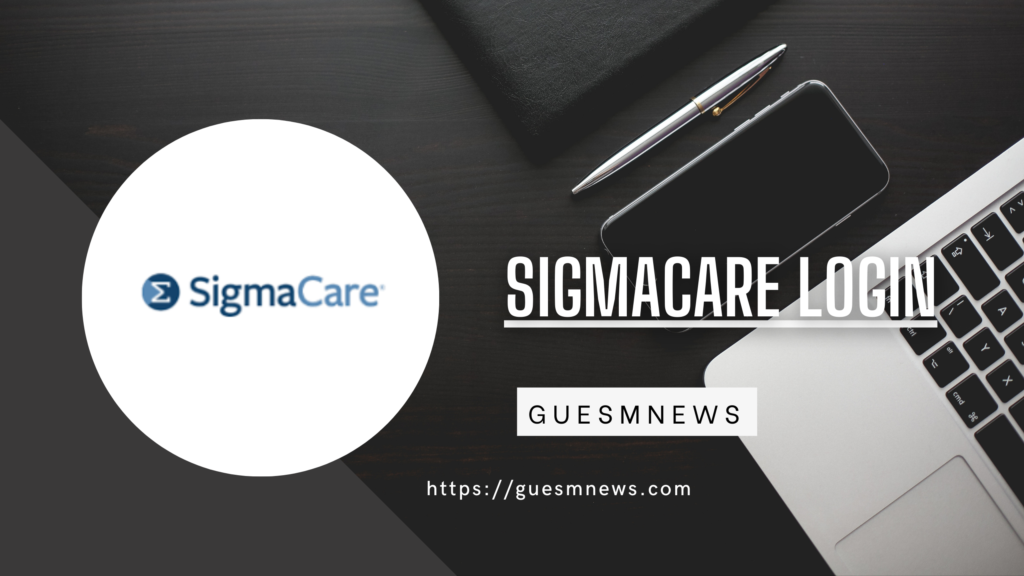
sigmacare login
Sigmacare login today’s digital age, safeguarding sensitive information is more crucial than ever. For healthcare providers and patients alike, the SigmaCare login serves as the gateway to a wealth of personal data that must be protected at all costs. With cyber threats on the rise, understanding how to navigate this portal securely can make all the difference. The importance of secure practices cannot be overstated; they are essential not just for compliance but for maintaining trust in healthcare systems. Let’s delve into why prioritizing secure SigmaCare login practices is vital for both patient safety and provider integrity.
The Risks of Not Using Secure sigmacare login
Using an insecure SigmaCare login poses significant risks. Cybercriminals constantly seek vulnerabilities to exploit, and weak login practices can make it easy for them.
Without secure passwords, unauthorized access becomes a real threat. Sensitive patient information may fall into the wrong hands, leading to identity theft or fraud.
Moreover, breaches in security compromise trust between healthcare providers and patients. When confidentiality is at stake, the entire care process suffers.
Inadequate login measures also open doors for malware and phishing attacks. These malicious tactics can infiltrate systems without users even realizing it.
Healthcare organizations face not only financial repercussions but also legal liabilities when data security is breached. The consequences extend beyond immediate harm; reputations are tarnished as well.
Ignoring these risks could have lasting impacts on both patients’ safety and overall healthcare integrity. Prioritizing secure SigmaCare logins is essential to mitigate these threats effectively.
Benefits of Implementing Secure sigmacare login
Implementing secure SigmaCare login practices offers numerous advantages for healthcare providers and patients alike. First and foremost, it safeguards sensitive patient data from unauthorized access. This protection is crucial in a landscape where cyber threats are ever-evolving.
A strong login system also fosters trust between patients and their healthcare providers. When individuals know their information is secure, they are more likely to engage openly with their care teams.
Additionally, using multi-factor authentication adds an extra layer of security. This means even if passwords are compromised, additional verification steps can thwart potential breaches.
Efficient logins streamline the overall workflow within healthcare organizations. With fewer interruptions caused by security issues, staff can focus more on providing quality care rather than managing risks.
Adhering to best practices in secure logins helps ensure compliance with regulations like HIPAA. Staying compliant not only avoids penalties but also enhances the organization’s reputation in the industry.






